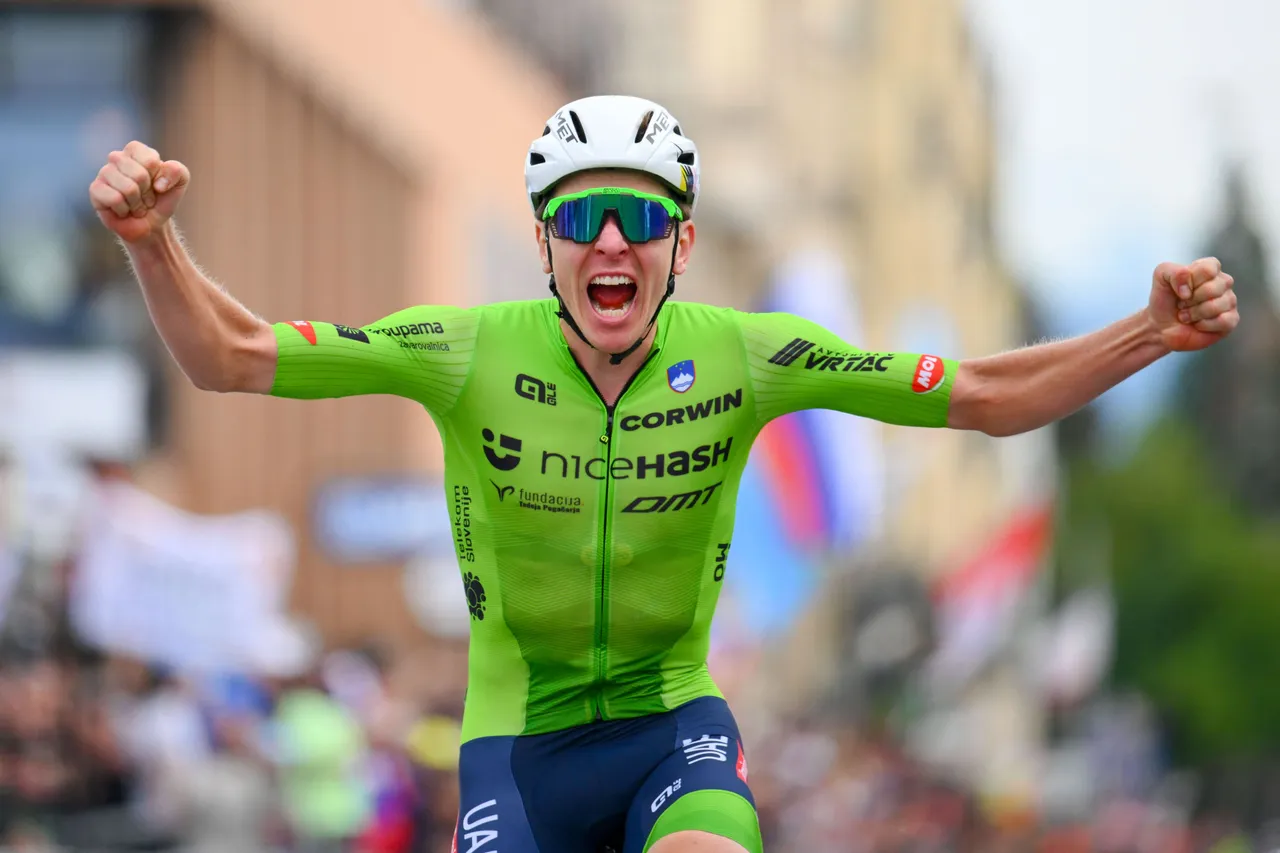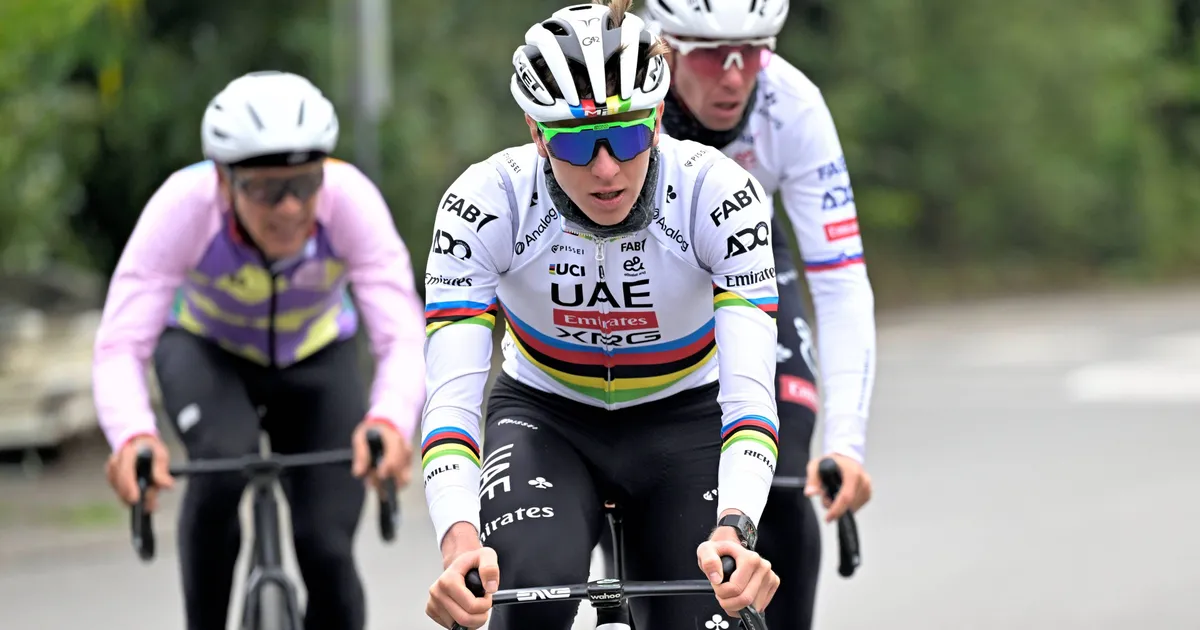That kind of direct influence from a Tour de France winner is unheard of in most countries. But in Slovenia — a nation that has, over the last decade, punched far above its weight in world cycling — it’s starting to become part of the culture.
Cycling’s Rising HeartlandTadej Pogacar, Primoz Roglic, Matej Mohoric: the names roll off the tongue with the ease of continental dominance. But behind them is a swelling tide of juniors and U23 riders making their way through the ranks, many of them growing up not just inspired by Slovenian greatness, but quite literally next door to it.
Gal Stare grew up in Komenda, the same town where Pogacar was raised. “I live just a few houses down from his family. His parents are amazing neighbours — just lovely people,” Stare says. “Tadej isn’t home much these days, of course. I only really see him at Christmas.”
Yet when he is back, the locals notice. There’s a quiet kind of pilgrimage taking place in Komenda, as Stare notes with a smile: “I’ve started seeing a bit of ‘Pogacar tourism’—Slovenians coming from other regions just to ride here and see the places associated with him. Even some Italians. It’s pretty cool.”

Pogacar gave Slovenia its first ever Rainbow Jersey in 2024
Riding in the Shadow of Giants
Slovenia’s ascent in the sport is as cultural as it is competitive. Cycling is now deeply rooted in its youth system, with clubs expanding and talent pathways becoming more clearly defined — something Pogacar himself is proud of. “Slovenian cycling is developing really well, which is best seen in the youngest,” he recently told S.Sportal. “More and more of them are joining clubs, competing and showing interest. And the more a child is in cycling, the greater the chance that one of them will be stubborn and persistent enough to reach the senior level and succeed.”
Gal Stare is one of those children. He was on a bike by the age of four, and began training seriously around ten or eleven, inspired by his father, Matej, a cyclist himself for a decade. Now at 17, he’s already received the kind of personal mentorship most young riders only dream of.
Not that training with a four-time Tour de France winner is easy. “If I’m in his slipstream, I can manage,” Stare admits with a laugh. “But if he starts doing intervals, it’s over for me. I’ve tried it once or twice, but it didn’t last long!”
The Road Ahead
The pipeline from Slovenia is full, but not overcrowded. What sets it apart is not just the calibre of its elite riders, but their willingness to invest in the future — not in grandiose national academies or press-friendly foundations, but through authentic, human relationships.
Pogacar doesn’t have to mentor the kid next door. But he does, quietly, thoughtfully. In doing so, he’s helping to shape the next chapter of Slovenian cycling — not through dominance, but through continuity.
If Gal Stare and others like him are any indication, the road ahead is already being paved — not by coincidence, but by design. And Pogacar’s wheel is still a very good one to follow.

